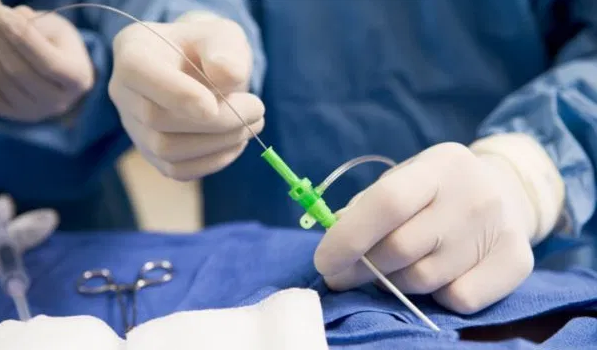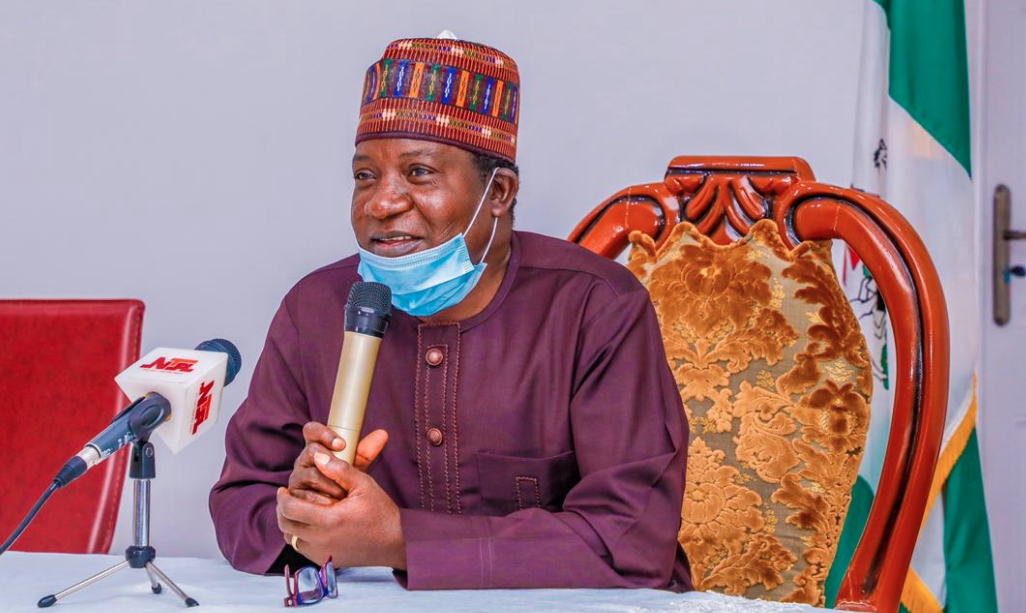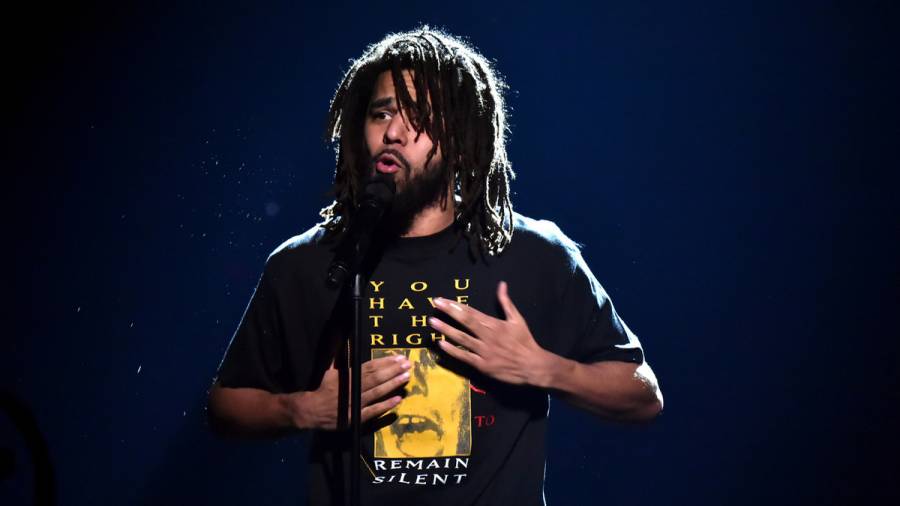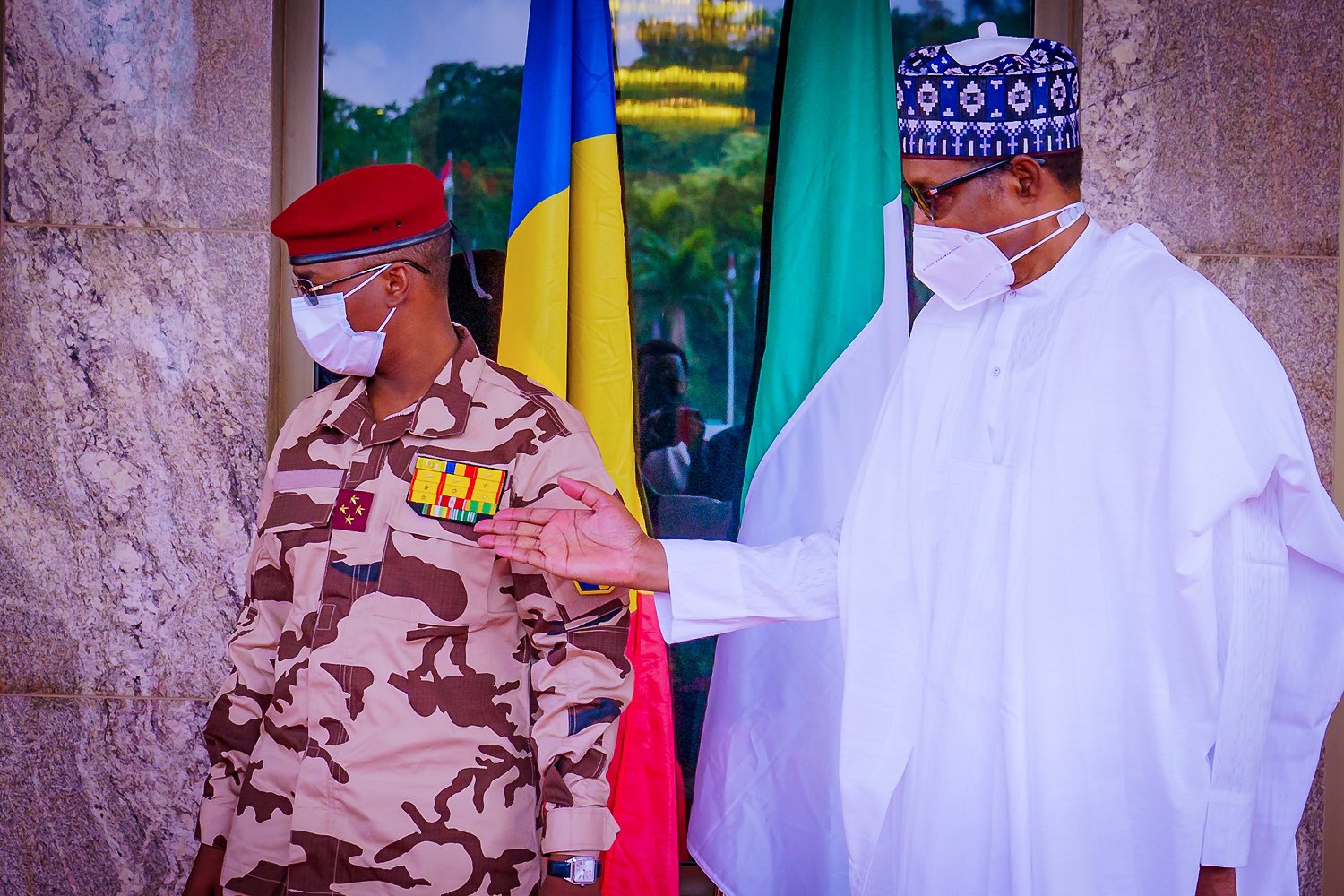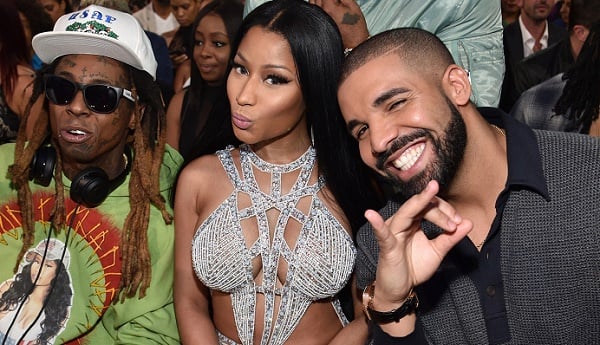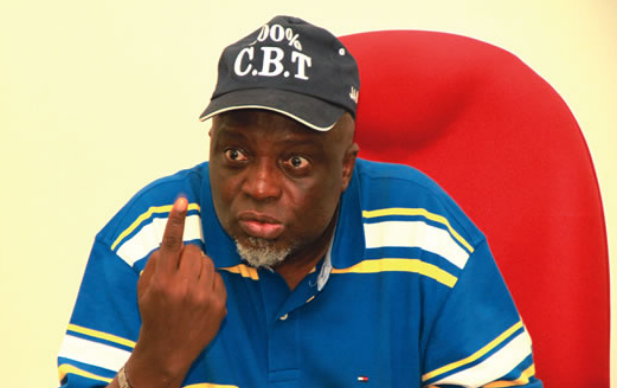BY ADEOLUWA OGUNRINDE
A former colleague, on the advice of his family doctor, decided to seek medical care in the US for his wife preparing to deliver their first baby. The medic had warned them of a potentially high-risk life-threatening complication. Nigeria’s healthcare system was parlous then; public hospitals were termed ‘consulting centres’.
The high-cost trip forced the young man to sell off assets: land, car and home appliances. Though the wife delivered successfully, he has yet to recover from the expenses incurred years after.
Medical tourism, a term used to describe people travelling abroad to obtain medical treatment, has become a key reference point in Nigeria’s under-development trajectory.
Advertisement
The federal ministry of health and experts like Prof. Ibraheem Adeoti Katibi, Dean, College of Health Sciences, University of Ilorin Teaching Hospital (UITH), and a PriceWaterhouseCoopers report disclosed that an average of 500 Nigerians travel abroad monthly to seek medical treatment while the country loses about $1.3 billion annually in terms of foreign exchange.
Over the years, the number of Nigerians travelling to the US, UK, India, China, Saudi Arabia, Dubai and other developed countries for the treatment of cancer, kidney or liver transplant, heart or cardiac surgeries, neurosurgeries, cosmetic surgeries, routine check-up and baby deliveries, has been on the rise.
There is nothing morally wrong in seeking medicare abroad for certain critical ailments that can be better handled elsewhere due to the dearth of facilities and specialists locally, though. The penchant for medical tourism by Nigerians, has somewhat, assumed a worrisome dimension.
Advertisement
There are many downsides of medical tourism in our nation: these include lack of/inadequate investment in our hospitals and health infrastructure resulting in poor service delivery at the primary, secondary and tertiary levels.
People from low socio-economic backgrounds who require foreign medical treatment for critical health conditions, often face hardship in raising the huge financial cost associated with such trips.
Nigeria also loses huge foreign exchange that could have been deployed to revamp our ageing hospitals and create jobs.
Medical tourism also leads to the migration of medical and health professionals abroad with at least 8,178 medical doctors of Nigerian origin working in the UK, according to the UK General Medical Council.
Advertisement
Prof. Katibi while decrying medical tourism said, Nigeria was blessed with competent and well-trained experts, and that over $1 billion spent annually on medical care abroad could provide better healthcare services in Nigeria if invested locally.
“We have to rise up to the challenge and tackle the problem of medical tourism,” he noted.
A transplant surgeon, Dr Nadey Hakim, also advocated improving national healthcare facilities, saying, “I don’t see why any Nigerian patients should go outside Nigeria to have a transplant when we can do it for them in Nigeria”.
Motivated by patriotism, some Nigerians recently took practical steps to stem the age-long malaise with the launch and opening of Marcelle Ruth Cancer Centre and Specialist Hospital in Lagos, supported by Polaris Bank, which provided the platform for the partnership.
Advertisement
MRCC is the first-of-kind, world-class, multipurpose-built and one-stop centre for the comprehensive treatment of specific cancers namely: breast, gynaecological, prostate, colorectal, and non-Hodgkin’s lymphoma, which are the most common cancers in Nigeria.
MRCC boasts qualified specialists with local and international experiences and offers specialist services including urology, sickle cell research, and stem cell transplant, which are largely unavailable in Nigeria.
Advertisement
It houses an imaging centre with CT, mammogram, ultrasound, x-ray machines, modern laboratory services, two operating theatres, an eight-bed chemotherapy suite, a radiotherapy centre with a linear accelerator and brachytherapy, 15 private en-suite rooms for in-patients, pharmacy and counselling service.
Speaking at the event, Governor of Lagos state, Babajide Sanwo-Olu, who was the special guest of honour, applauded the noble initiative as a big step towards reversing medical tourism malaise in Nigeria. He acknowledged the need for collaboration to institutionalise a viable and robust health sector for the country.
Advertisement
He described MRCC as a story of courage, resilience, forthrightness, tenacity and the willingness not to give up.
In a demonstration of the state government’s commitment to quality healthcare delivery for the people, Sanwo-Olu announced that a specialist cancer centre would be established by the government within the next 12 months to complement MRCC and the oncology centre in LUTH.
Advertisement
‘‘Looking at the statistics, we need ten more of Specialist Cancer Centre just to scratch the surface based on the number of cancer patients we are seeing. This is part of the medical infrastructure transformation project we are working on which cuts across all the disciplines of health – primary, secondary and tertiary,’’ he stated.
Chairman of MRCC, Mr Bolaji Odunsi, commended Polaris Bank and other partners in both the public and private sectors for their strategic role in making the vision of the hospital, a reality.
Acknowledging the contribution of the Central Bank of Nigeria (CBN) and Polaris Bank, he said, “We have been beneficiaries of the Covid-related healthcare intervention fund, and in particular we want to mention the support of Polaris Bank that helped us navigate the process. Without them, things would have been a lot more difficult.”
The visioner and Chief Executive Officer of the hospital, Dr. (Mrs.) Modupe Elebute-Odunsi, thanked those that have been part of the journey over the 30 years, describing Marcelle Ruth Cancer Centre and Specialist Hospital as a hospital aiming to achieve international gold standards.
She re-echoed Governor Sanwo-Olu’s vision of reversing medical tourism saying, “Mr Governor, I must say that we share your vision and your passion to reverse medical tourism in Nigeria. We need to do it together, between the private and public sectors because this is the time.’’
The launch of MRCC drew top dignitaries from all walks of life including foremost industrialist, Aliko Dangote; Speaker, House of Representatives, Rt. Hon. Femi Gbajabiamila; First Lady of Lagos State, Dr. (Mrs.) Ibijoke Sanwo-Olu, and her Kebbi & Ondo state counterparts Dr. (Mrs.) Zainab Bagudu and Mrs Betty Anyanwu-Akeredolu respectively, and Mrs Toyin Saraki, wife of the immediate past Senate President.
Ogunrinde, a journalist, data & research analyst, is a post-graduate student of mass communication, University of Lagos
Add a comment
